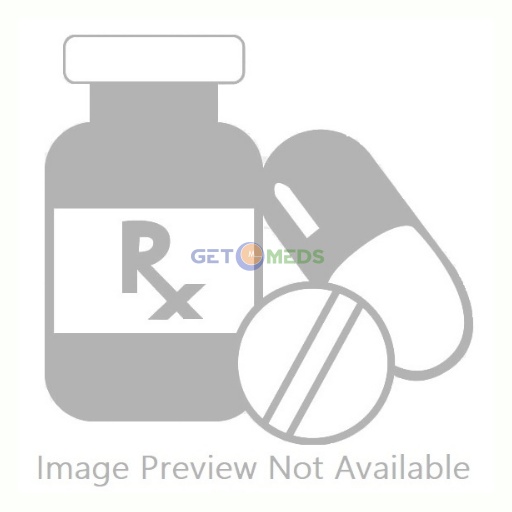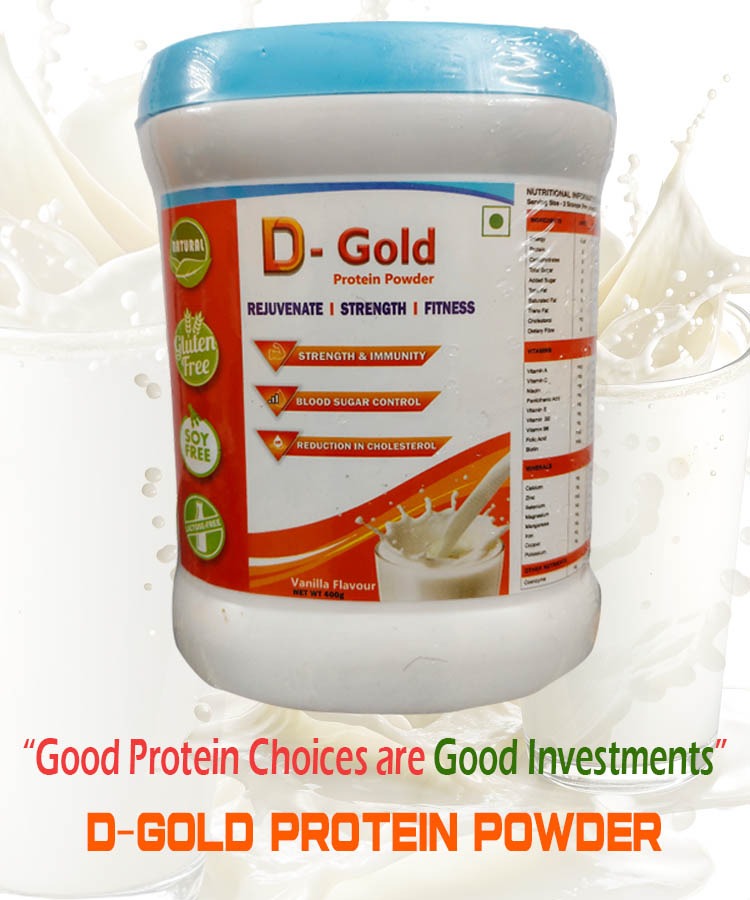All Details About Nirmin Plus 10% Injection
Find out detailed description, uses, directions of use, side effects, warnings and precautions, frequently asked questions about Nirmin Plus 10% Injection
Description:
Nirmin Plus 10% Injection are organic compounds that are chained together to form proteins. It is used to treat nutritional deficiencies. It promotes nitrogen-balancing in the body, also replenishes the protein reserve of the body in extensive burns or protein-calorie malnutrition.Nirmin Plus 10% Injection is given under the supervision of a healthcare professional. Take it in a dose and duration as advised by the doctor. The full course of treatment should be completed as per prescription.
This medicine may cause injection site inflammation (redness, swelling, and pain), acute folic acid deficiency, fever, and increased sweating as its side effects. It is better to consult with your doctor if any of the side effects bother you.
This medicine may also cause metabolic and liver disorders, that is why it is important to undergo regular clinical evaluations and laboratory tests (blood and urine) to know the effects and side effects of this medicine on your organs. Earlier initiating this treatment, you must consult your doctor if you have any health conditions or your ongoing medications. Pregnant and breastfeeding women should only take this medicine if advised by the doctor.
Directions For Use:
Your doctor or nurse will give you this medicine. Compassionately do not self administer.Side Effects:
Most side effects do not require any medical attention and disappear as your body adjusts to the medicine. Consult your doctor if they persist or if you’re worried about themOrdinary side effects of Nirmin Plus
- Folic acid deficiency
- Chills
- Fever
- Flushing (sense of warmth in the face, ears, neck and trunk)
- Increased sweating
- Metabolic disorder
- Vomiting
- Liver damage
- Injection site reactions (pain, swelling, redness)
Warning & Precautions:
FAQs:
Q. Is Nirmin Plus 10% Injection safe?
Q. Are amino acids good for you?
Q. Is Nirmin Plus 10% Injection bad for the liver?
Q. What are some of the natural sources of amino acids?
Disclaimer:
Getomeds primary intention is to ensure that its consumers get information that is reviewed by experts, accurate, and trustworthy. The information and contents of this website are for informational purposes only. They are not intended to be a substitute for professional medical advice, diagnosis, or treatment. Please seek the advice of your doctor and discuss all of your concerns about any disease or medication. Do not disregard or postpone seeking professional medical advice because of something you read on Getomeds. Our mission is to support, not replace, the doctor-patient relationship.

